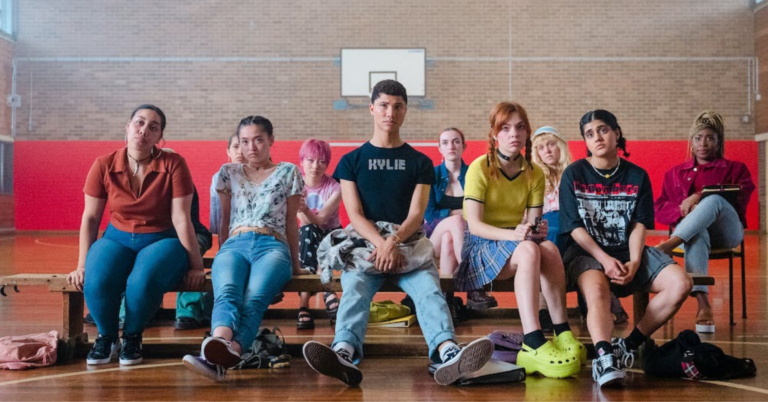
Heartbreak High made me cry for all the right reasons
Grace Garrahy talks Chloé Hayden, Heartbreak High and the power of positive representation in media.
Content by young people with disability, talking about policy, advocacy and lived experience.

Grace Garrahy talks Chloé Hayden, Heartbreak High and the power of positive representation in media.

Louise Weekley discusses the prevalence of ‘inspiration porn’ in popular culture and how it harms people with disability.
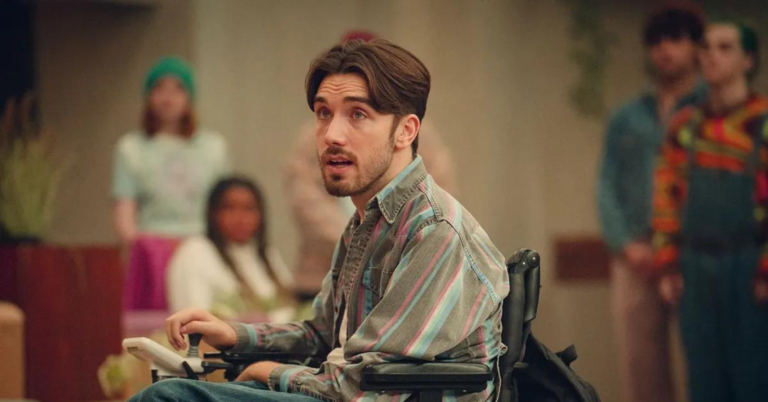
Caitlin Blanch writes about Netflix’s Sex Education’s provocative take on the social model of disability.
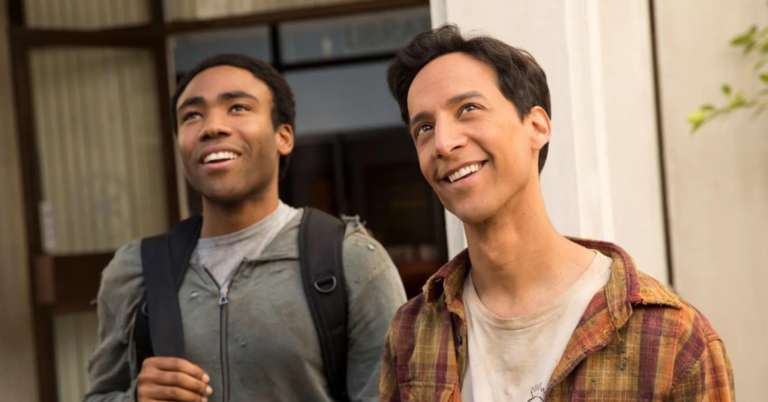
CYDA Youth Trainee Georgia Ferrari on how the hit NBC show Community gets neurodiverse representation right.
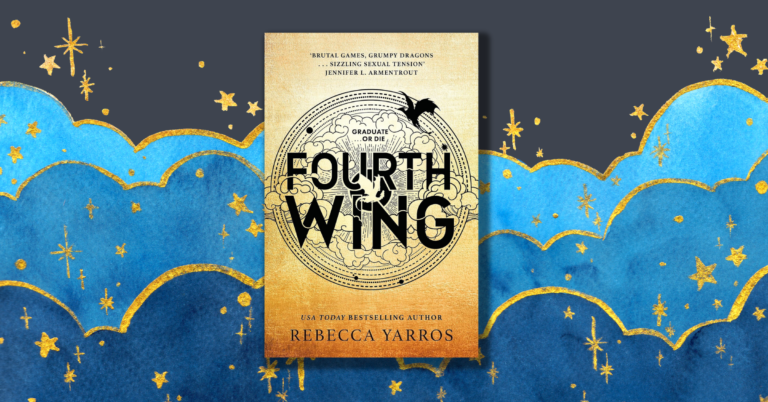
Mel Bell writes about the BookTok famous fantasy novel ‘Fourth Wing’ and its depiction of chronic illness and disability.

Grace Garrahy talks about the many ups and downs of her journey accessing the NDIS.
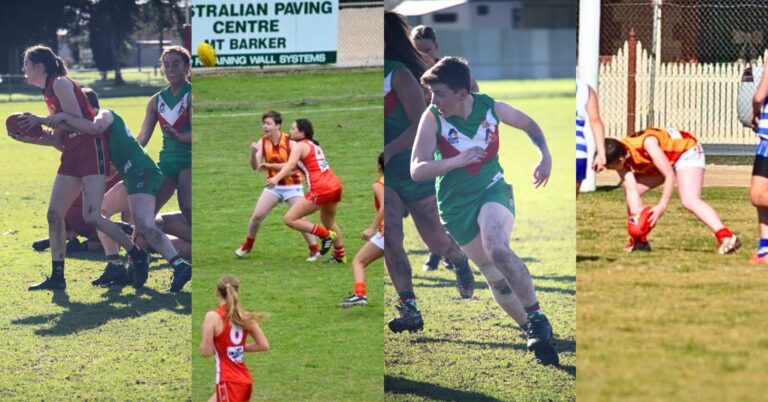
Louise Weekley talks about how her idea of leadership has been influenced by her experience of disability and changed over time.
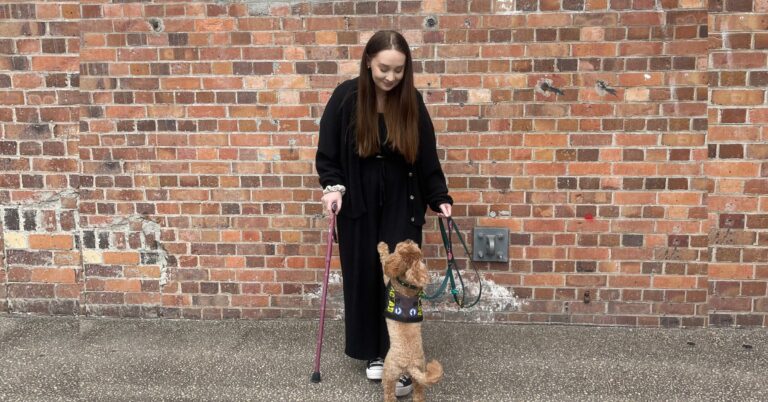
Grace Garrahy talks about the lifesaving and life-changing impact of disability representation in leadership and employment.
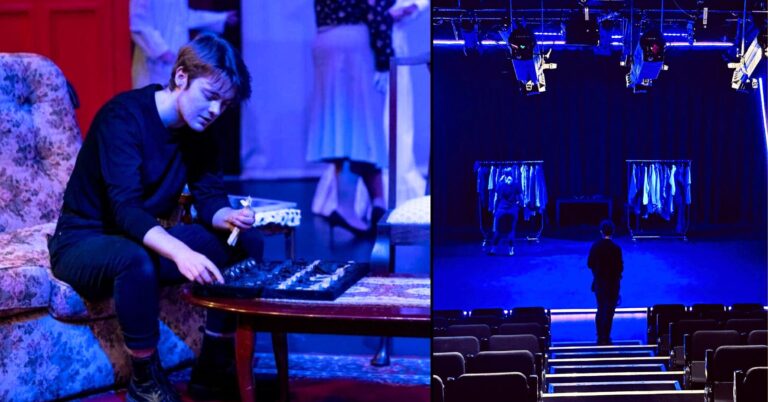
Dylan McBurney offers tips and advice for the workplace, based on their experience as a professional stage manager with disability.
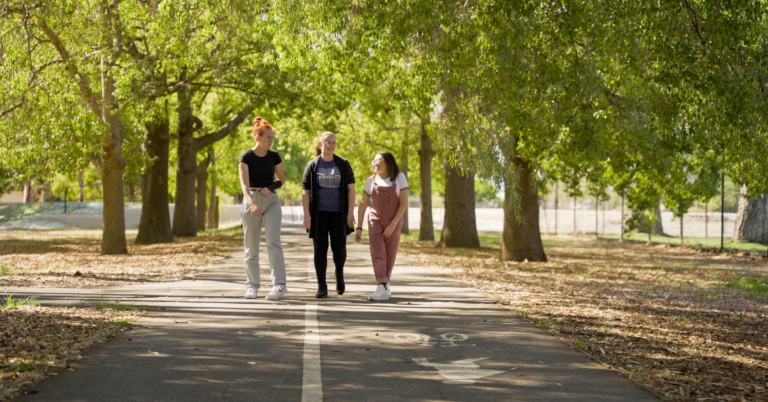
Bethany Cody helped create In Control My Way, a set of resources designed to help young people navigate the NDIS. Here she discusses the challenges she faced trying to access the scheme.
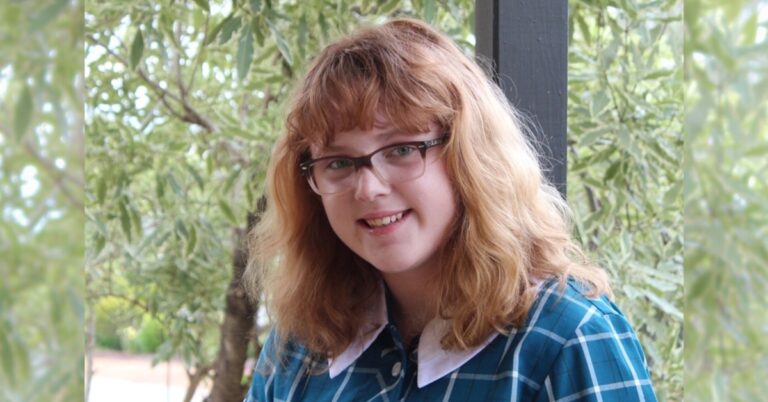
Ashleigh Keating writes about her school experience, and disadvantages faced by young people with disability seeking a career in education.
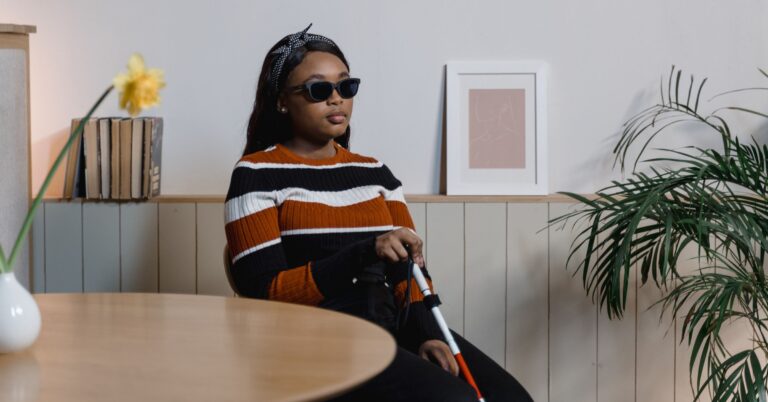
Thanh Autran writes about the difficulty of not knowing if discrimination has occurred after your job interview.